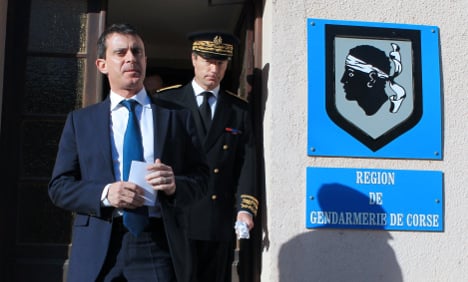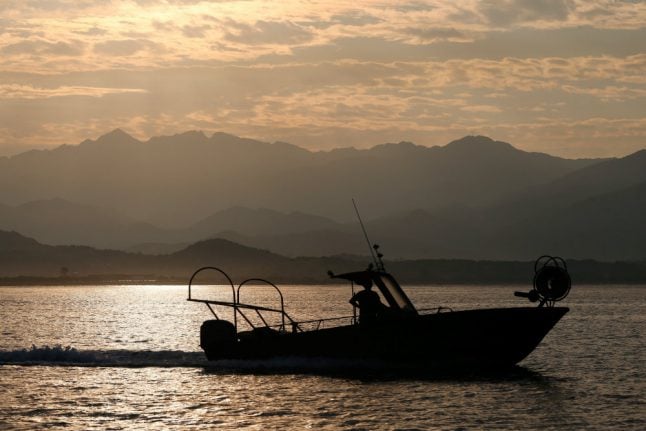French Prime Minister Manuel Valls has rejected nationalist demands to give the Corsican language a “co-official” status alongside French, insisting that it was a “red line” issue.
On a visit to the Mediterranean island on Monday Valls refused to bow to the demands made by nationalists, who recently won a historic and shock win in Corsica's regional elections.
“The Republic has only one official language, French, because it is used by everyone,” Valls said during a speech to the Corsican Assembly.
“We will not go back on that principal,” he said.
The French Prime Minister also rejected nationalist demands for an amnesty for “political prisoners” and for the creation of a favorable “resident” status for locals on the island.
Corsica’s increasingly powerful nationalist and independence movements are opposed to France’s cultural and political dominance over the island, which it annexed in 1768.
While nationalists seek to assert Corsican culture and language a smaller and more radical separatist group want outright independence from Paris and have been willing to fight for it.
In May this year a separatist group in Corsica said it would end “military operations”, two years after the main militant movement on the French island laid down its arms.
Despite his intransigence on key nationalist demands, Valls announced some conciliatory measures, including a new teaching qualification for giving lessons in ‘Corsican language and culture’ and a new Corsican “Territorial Chamber”.
He also reiterated his aim to introduce bilingual streams in Corsican schools.
France has historically taken an inflexible stance on regional languages like Breton, Alsatian and Corsican, spoken by over two million people.
The government signed the European Charter for Regional and Minority Languages all the way back in 1999, but the charter has never been ratified.
by Imogen Wallace



 Please whitelist us to continue reading.
Please whitelist us to continue reading.
Member comments